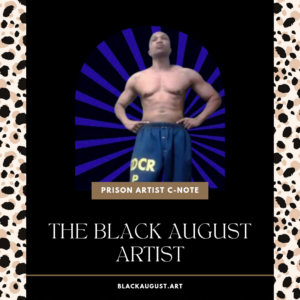By Genoa Barrow | OBSERVER Senior Staff Writer
Here is a brief list of notable Blacks who have led, influenced, impacted, and transformed lives during and after incarceration.
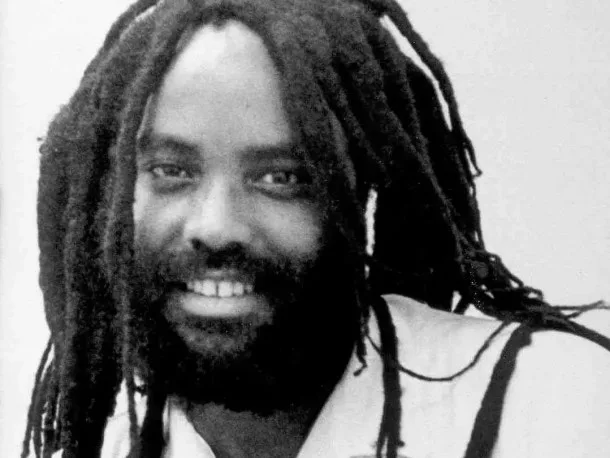
The political activist, journalist and former member of the Black Panther Party was sentenced to death in 1982 for the murder of a white Philadelphia police officer. Abu Jamal maintains his innocence and has gained international supporters, the Free Mumia Coalition, who consider him a political prisoner. Live from death row, he wrote and commented on the U.S. criminal justice system. His books include “Live from Death Row,” “All Things Censored,” “We Want Freedom: A Life in the Black Panther Party,” and “Death Blossoms: Reflections from a Prisoner of Conscience.” His death sentence was overturned by a federal court in 2001 and he remains in prison serving life without parole.
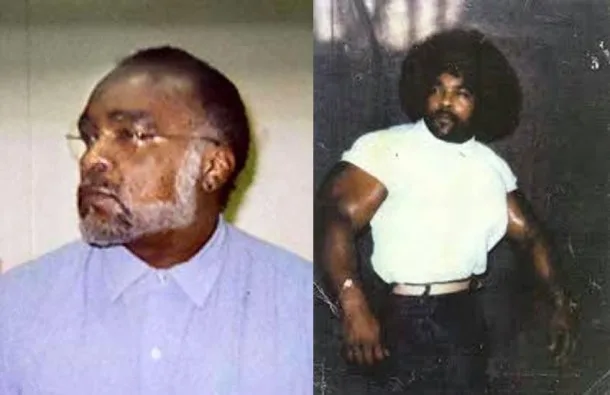
Williams co-founded the violent Crips street gang as a teen in south-central Los Angeles. As an adult Williams was convicted and sentenced to death for four murders. While incarcerated he had a change of heart and began speaking out about the devastating impact gangs like his were having on the Black community. Williams wrote several books while on death row at San Quentin and earned a nomination for a Nobel Peace Prize. Despite his redemption efforts, Williams was denied clemency by then-Gov. Arnold Schwarzenegger and died by lethal injection in December 2005.
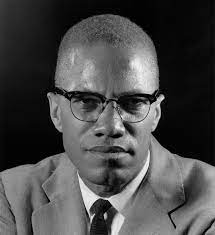
“To the east, my brotha, to the east.” Before he was an outspoken leader of the Nation of Islam, the iconic “by any means necessary” revolutionary was hustler Malcolm Little, who went by the nickname “Detroit Red.” He joined the Nation while incarcerated and became one of its most influential leaders, calling out racism, injustice and the civil rights movement’s largely pacifist stance. Malcolm X was assassinated in 1965.
The Southern minister was arrested countless times during the rights movement, namely for civil disobedience during marches. On April 10, 1963, he and fellow leader Rev. Ralph Abernathy were jailed in Alabama for leading peaceful protests against a ban on race mixing. Dr. King spent eight days before bailing out. It was during that week that he wrote “Letter from a Birmingham Jail.” The letter, widely printed in book form, was a response to a group of white pastors who urged Dr. King to use his influence to get Black people to fight for civil rights in court instead of taking matters to the streets. His answer was a resounding no. In the now-famous missive, Dr. King outlined a moral responsibility to break unjust laws and to take direct action, rather than continue to wait for justice to come through a system that already failed Blacks. Like his “I Have a Dream” speech, the letter was a defining moment of the civil rights movement. It has been described as “one of the most important historical documents penned by a modern political prisoner.” Dr. King was assassinated in 1968.
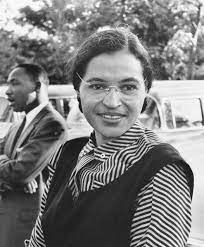
Parks is often called “the mother of the civil rights movement.” After her 1955 arrest for civil disobedience in refusing to give up her seat in the “colored” section of a Montgomery, Alabama, bus, activist Rosa Parks was selected by the NAACP to challenge segregation laws. The Montgomery Bus Boycott lasted a year and impacted an entire nation.
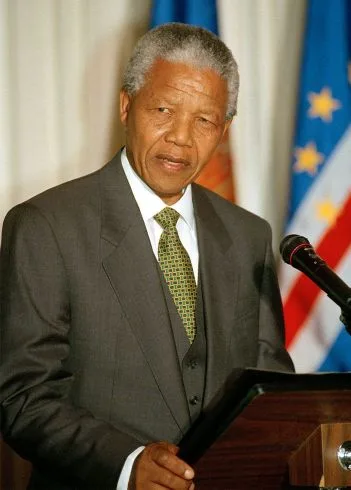
From prison to president. The South African activist was a leader in the anti-apartheid movement and gained international support for an end to brutal white-minority rule in his home country. Mandela was jailed countless times and ultimately imprisoned for 27 years. He remained an inspiration to those fighting for equality in South Africa. Dealing with health issues, he was released in 1990. As a free man, Mandela became president of the African National Congress and won a joint Nobel Peace Prize with white state president F.W. de Klerk in 1993. He went on to become South Africa’s first democratically elected president in 1994, a position he held until 1999.
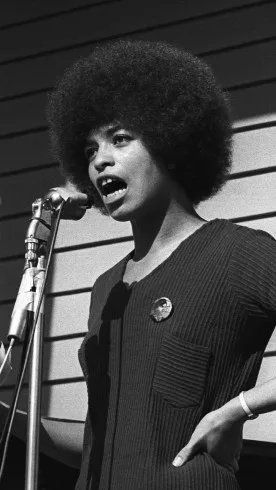
The feminist political activist was put on trial in 1970 stemming from her support of the Soledad Brothers, three Black inmates who were accused of killing a prison guard. Guns belonging to the Birmingham native were used when one of the men’s relatives took over a Marin County courtroom. The Soledad Brothers and a white judge were killed. Davis went on the run and became just the third woman on the FBI’s 10 most wanted list. Davis was prosecuted for three capital felonies, including conspiracy to murder. She spent more than a year in prison, sparking an international “Free Angela” campaign before being acquitted in 1972. Davis was active in the Communist Party and the Black Panther Party and taught at UC Santa Cruz. Her books include “Women, Race & Class,” “Freedom Is a Constant Struggle” and “Are Prisons Obsolete?” The New York Times calls her an “icon of feminism and Black liberation.”
The former middleweight boxer found himself wrongfully convicted and imprisoned in 1967 for a triple murder in New Jersey. The case was steeped in racism, false identifications and concealed evidence. Given a life sentence, he served 20 years in Rahway State Prison. A legal team used writ of habeas corpus in federal court to maintain that he was being unlawfully detained and the conviction was overturned in 1985. Carter wrote an autobiography while incarcerated, “The Sixteenth Round: From Number 1 Contender to Number 45472,” that was published and later turned into a movie starring award-winning actor Denzel Washington. From 1993-2005, Carter acted as executive director of the Association in Defence of the Wrongly Convicted, which later became Innocence Canada.
Ross created a multimillion-dollar illegal drug empire in Los Angeles in the 1980s. In 1996, he was sentenced to life in prison through California’s three-strikes law, but studied legal matters while incarcerated and got himself released in 2009 after discovering a loophole. San Jose journalist Gary Webb linked Ross to the CIA’s Iran–Contra gun scandal. He has been featured on film in “Kill the Messenger” and documentaries such as “Freeway: Crack in the System,” “American Drug War: The Last White Hope,” BET’s “American Gangster” and the VH1 documentary “Planet Rock: The Story of Hip-Hop and the Crack Generation.” He believes he also influenced a main character in the FX drama “Snowfall.” Ross also wrote a best-selling memoir in 2014.
The Black Panther was an activist and advocate for the formerly incarcerated. Sent to prison as a 16-year-old in 1970, he maintained his innocence and blamed his conviction on the FBI’s notorious COINTELPRO program. While serving 23 years, Ellis participated in an inmate group called the Think Tank. After his release, he got active and worked to help break the cycle of incarceration in neighborhoods that fed into the prisons, founded the Center for NuLeadership on Human Justice and Healing and developed campaigns to remove barriers to employment for people with criminal convictions. Ellis also worked with the Campaign for the Fair Sentencing of Youth. He died in 2014.
Carter has been in Washington state prison for most of his life. He was convicted as a teen and sentenced as an adult for killing a man during a driving-by shooting. Seeking atonement, Carter is now a mentor, helping to prevent young people from following his footsteps. He is also the founder of T.E.A.C.H. (Taking Education and Creating History), a prisoner-led higher-education program that is now at three Washington prisons. He has been a leader in the Black Prisoners’ Caucus, advocates for criminal justice reform and is a living example of the power of transformative justice.
The NFL legend played for the Cleveland Browns (no, the team wasn’t named after him) from 1957-1965 and is considered one of the greatest running backs ever. As an actor, he starred in films such as “The Dirty Dozen,” “The Running Man,” “I’m Gonna Git You Sucka.” Off the field, he had numerous run-ins with the law, including allegations of domestic violence and rape. Brown did several short stints in prison for assault and battery. Brown often spoke out against racism in America and economic disparities, and founded the Amer-I-Can Foundation for Social Change, through which he helped incarcerated gang members in Los Angeles broker peace and rebuild their lives.

Over the coming weeks, “Inside Out” will highlight the experiences of formerly incarcerated individuals and their families, look at efforts to improve local jail and prison facilities, and share the perspectives of Black correctional staffers and attorneys who work on change from within and activists who have dedicated their lives to shining a light on the inequities of the criminal justice system.



